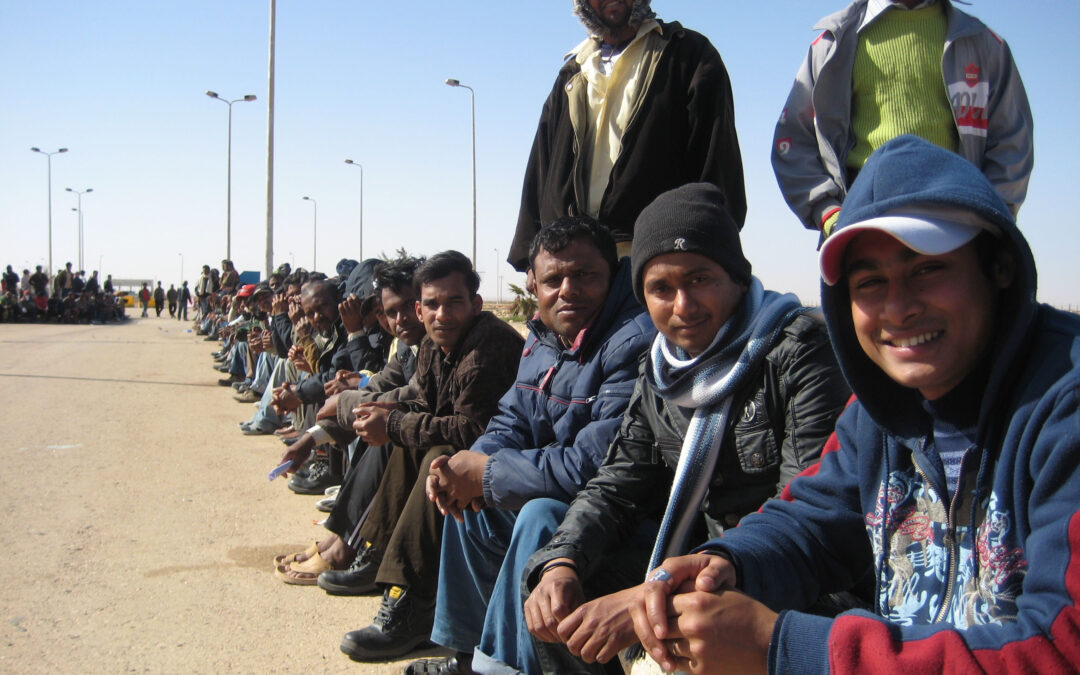
Apr 8, 2015
The ICJ made a submission to the EU Ombudsman on the compliance of the Code of Conduct on Joint Return Operations of Frontex with international human rights law.
The submission was presented in the context of European Ombudsman’s own initiative inquiry concerning the means through which Frontex ensures respect for fundamental rights in joint return operations.
The ICJ concluded that the Code of Conduct for Joint Return Operations Coordinated by Frontex, while a considerable improvement on the previous absence of regulation, does not fully reflect Frontex’s duties in the field of joint return cooperation, organization and execution.
In particular, the ICJ stressed that the standards of the Code of Conduct on the use of force, coercive measures, training and identification do not fully reflect Member States and EU institutions, agencies and bodies obligations under international and EU law.
Finally, the ICJ found that a primary weakness of the Code of Conduct is the lack of proper standards, guarantees and guidelines in relation to the returnee’s right to an effective remedy and reparation, as enshrined in article 47 EU Charter, article 13 ECHR and article 2.3 ICCPR.
Disclaimer: the ICJ is a member of Frontex Consultative Forum on Fundamental Rights. This submission is not sent in the ICJ’s capacity as a member of the Consultative Forum and does not necessarily represent the views of the Forum.
EU-JointReturnsInquiry-ICJSubmission-2015-ENG (download the submission)
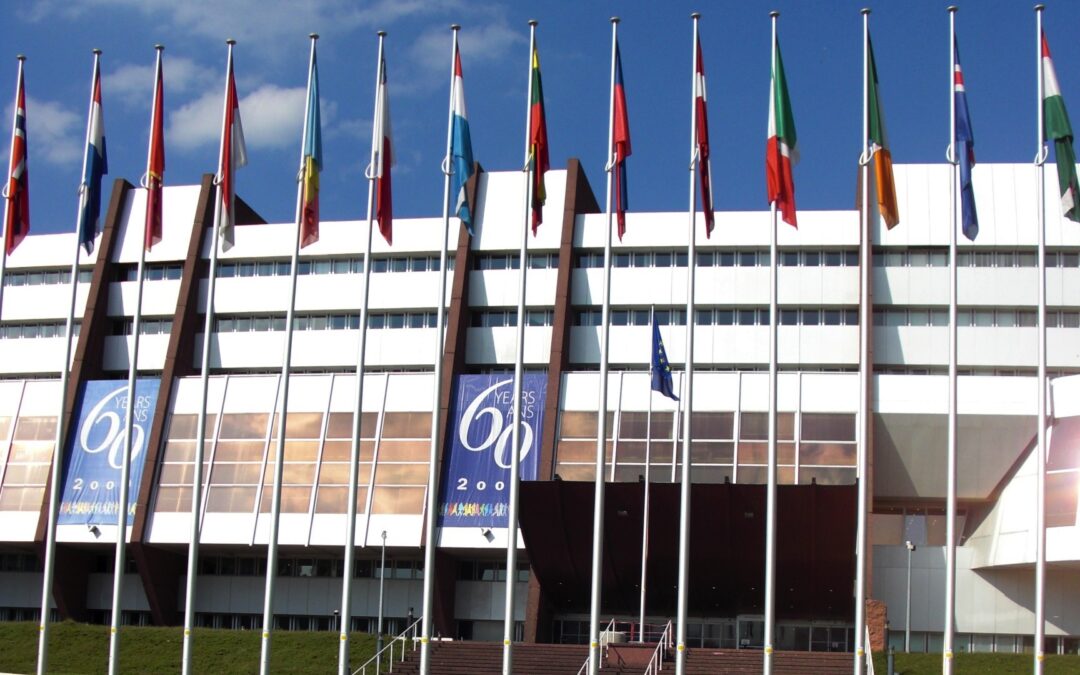
Apr 7, 2015
The ICJ and Amnesty International submitted today their observations on the revised draft Additional Protocol to the Council of Europe Convention on the Prevention of Terrorism to the Committee of Experts on Terrorism (CODEXTER).
The submission highlights key points that the two organizations set out in more detail in a previous submission to the Committee on Foreign Terrorist Fighters and Related Issues (COD-CTE) on a previous (12 March) draft of the Additional Protocol, as well as in earlier preliminary observations, and which are not reflected in the text of the draft Protocol as it presently stands. This submission also includes comments on the new Article 7 of the draft Protocol.
The ICJ and Amnesty International urged CODEXTER to consider these concerns and recommendations and to make further amendments to the text of the draft Protocol accordingly before it is submitted for adoption by the Committee of Ministers of the Council of Europe.
CouncilofEurope-CODEXTER-DraftProtocolTerrorismConvention-ICJ-AISubmission-2015-ENG (download the last submission)
CouncilofEurope-Submission-ForeignFighters-Advocacy-Legal Submission-2015-ENG (download the second submission)
CouncilofEurope-Letter-ForeignFighters-Advocacy-Legal Submission-2015-ENG (download the first submission)
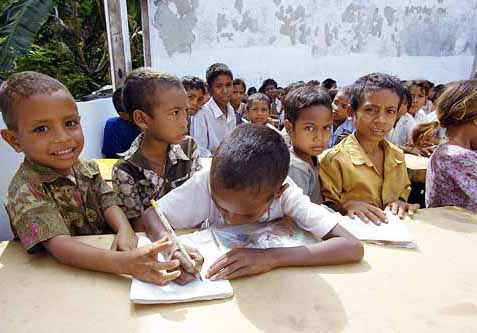
Apr 2, 2015
On 1 April 2015, the ICJ made a submission to the UN Committee on the Rights of the Child in response to the Committee’s initial call for comments on its project of elaboration of a General Comment on the rights of adolescents under the UN Convention on the Rights of the Child.
The ICJ’s submission focuses on adolescents’ right to comprehensive sexuality education, as a human right with specific relevance to the respect, protection and realization of the rights of adolescents under the Convention.
Global-Submission CRC GC right of adolescents -LegalAdvocacy-2015-ENG
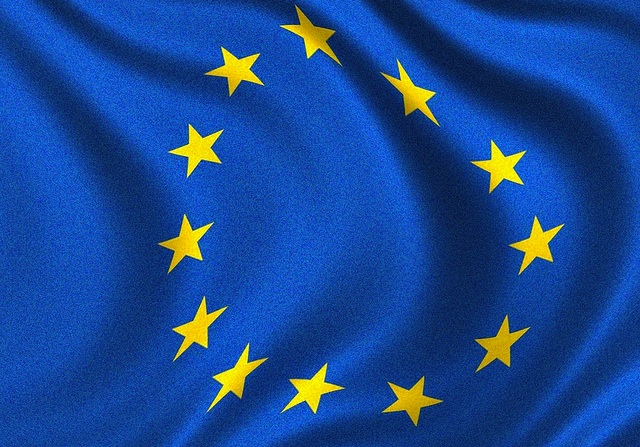
Mar 10, 2015
The ICJ, JUSTICE and NJCM have published their analysis of the proposed EU directive on the presumption of innocence, and made recommendations for amendments, to ensure its compliance with international human rights law.
The briefing paper welcomes the aim of the initiative of the Commission’s proposed directive, to protect both the presumption of innocence and the right to be present at trial in EU law. However, it notes there are some aspects of the Commission proposal that should be strengthened. The ICJ, JUSTICE and NJCM also raise concerns that some of the amendments proposed by the Council in its General Approach would unduly limit the rights guaranteed in the Directive, so that they offer less protection than that provided under international human rights law, including the ECHR, in accordance with the jurisprudence of the European Court of Human Rights.
ICJJUSTICENJCM-Briefing-EU-PresumptionofInnocenceDirective-LegalIntervention-2015-ENG (download the legal briefing)
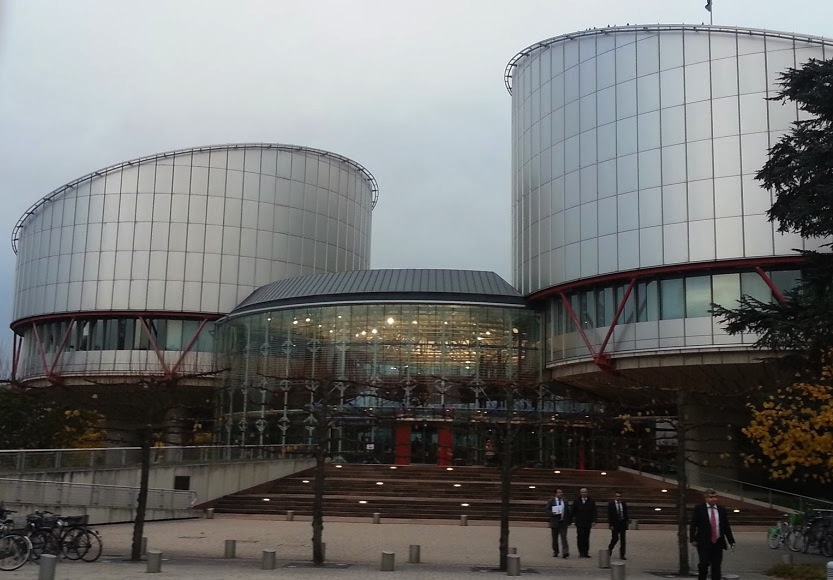
Mar 9, 2015
The ICJ, the European Council on Refugees and Exiles (ECRE) and the AIRE Centre submitted a thirty party intervention before the European Court of Human Rights in the case of the immigration detention of a mother with her children in Poland.
The case, Dagmara Bilalova v. Poland, concerned the detention for purpose of deportation of a Russian citizen from Chechnya, Dagmara Bilalova, and her five children. According to the statement of facts of the case, Dagmara Bilalova was also allegedly subjected to domestic violence from her husband, who had been previously deported to the Russian Federation. She and her children were deported to the Russian Federation on 27 March 2014.
The three human rights organisations submitted observations on standards and principles of international and EU law regarding:
- the requirements for the compliance of administrative detention of non-national families with children, with article 5.1 of the ECHR, and with UN treaties, standards and jurisprudence in particular relating to the Convention on the Rights of the Child;
- the international law, standards and jurisprudence applicable to the victims of domestic violence and their administrative detention in the framework of migration law and policies;
- EU, national and international law applicable to the identification and treatment of asylum seekers with special reception needs.
ECtHR-AmicusBrief-Bilalova v Poland-Advocacy-Legal Submission-2015-ENG (download the third party intervention)









